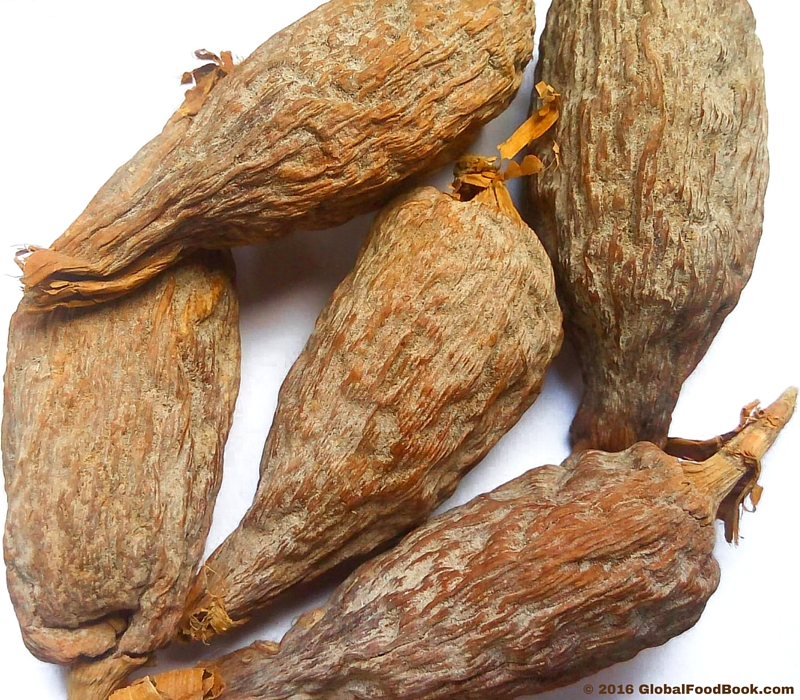Business
How to make millions from alligator pepper business in Nigeria

Making millions from agricultural ventures like alligator pepper farming in Nigeria requires careful planning, dedication, and a solid business strategy. Here’s a step-by-step guide on how you might approach building a successful alligator pepper business:
-
Market Research: Begin by researching the demand for alligator pepper in Nigeria and potentially internationally. Understand who your potential buyers are, including individuals, spice companies, and the food industry. Identify trends and preferences in the spice market.
-
Business Plan: Develop a detailed business plan outlining your goals, target market, marketing strategies, operational plan, financial projections, and growth plans. A well-thought-out business plan will be crucial for attracting investors or obtaining loans.
-
Farm Setup: Choose suitable land for alligator pepper cultivation. Ensure the soil, climate, and other conditions are conducive to its growth. Start with a small-scale operation and gradually expand as you gain experience.
-
Seed Selection and Sourcing: Acquire quality alligator pepper seeds from reliable sources. Select seeds that are disease-resistant and have good germination rates.
-
Cultivation: Follow proper agricultural practices for alligator pepper cultivation, including soil preparation, planting, watering, and pest management. Regularly monitor the crop’s health and address any issues promptly.
-
Harvesting: Alligator pepper plants typically take 3-5 years to reach maturity. Harvest the pods when they are fully ripe and have turned red. Handle them carefully to avoid damage.
-
Processing: Properly process the harvested alligator pepper pods. This may involve drying, cleaning, and packaging. Ensure that the final product meets quality standards and is free from contaminants.
-
Quality Control: Maintain strict quality control measures to ensure the alligator pepper meets market expectations. Consistency in quality will help build a strong reputation.
-
Branding and Packaging: Create an attractive and memorable brand for your alligator pepper products. Invest in professional packaging that preserves the freshness and flavor of the spice.
-
Distribution: Establish a distribution network to get your products to the market. Consider selling through local markets, grocery stores, online platforms, or directly to food manufacturers.
-
Marketing and Promotion: Develop a marketing strategy to promote your alligator pepper products. Utilize both traditional and digital marketing techniques, such as social media, websites, and local events.
-
Value-Added Products: Explore opportunities to create value-added products using alligator pepper, such as spice blends, teas, or health supplements. Diversifying your product range can attract a broader customer base.
-
Networking: Build relationships within the spice industry, attend trade shows, and connect with potential buyers and distributors. Networking can open doors to lucrative partnerships.
-
Scale-Up and Expansion: As your business grows and generates profits, reinvest in the business to expand your operations, increase production capacity, and explore new markets.
-
Continuous Learning: Stay updated with the latest trends in agriculture, spice cultivation, and business management. Continuously seek opportunities to improve your skills and knowledge.













